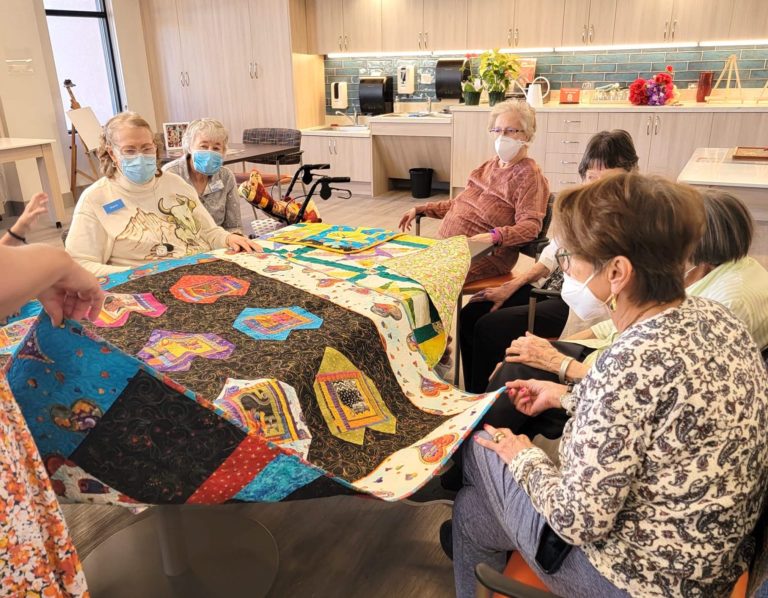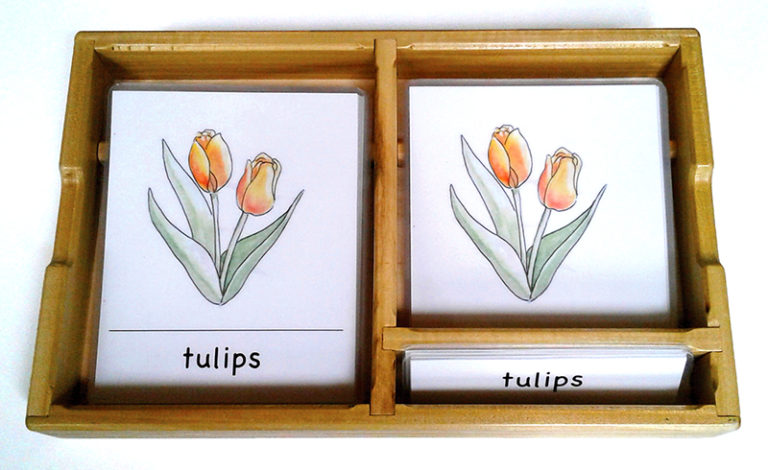Noise Pollution
Individuals with dementia have difficulty filtering out irrelevant noise from the environment and focusing on relevant sounds pertinent to their communication partner. When noise bothers people with dementia it can cause them to become agitated and restless. Background noise hinders communication because it affects the ability of people with dementia to hear and focus on tasks requiring cognitive attention. It is particularly disturbing for those who wear hearing aids since these devices amplify background noise. Pay attention to both people-generated and environmental sources of noise. Some are easier to address than others. Noise common to long term care settings and hospitals includes other people, running water, cell phones, overhead pagers, and appliances such as televisions, radios, icemakers, heating and cooling systems, vacuum cleaners, and floor buffers. These types of noise should be reduced or eliminated whenever possible to allow people to maximize their hearing.
Background noise can become especially problematic in the dining areas because people often raise the volume of their voices to compensate for high background noise (Lane & Tranel, 1971). The increased sound level from louder conversations adds to the background noise, which can cause conversation with dining companions to be extremely difficult (Lane & Tranel, 1971). Sound reverberates off all hard surfaces on the ceiling, walls, and floor, leading to higher levels of background noise. As a result, older adults, and particularly clients with dementia, will not hear as well in a room filled with hard surfaces.
Reducing noise reverberation will help reduce demands on the already impaired hearing and communication systems.
Here are some environmental modifications to reduce reverberation:
- Incorporate acoustic treatments, such as acoustic ceiling tiles and acoustic panels on walls, can help reduce background sound levels and make the dining experience more pleasant and successful.
- If there are many windows, which is a hard surface that bounces noise instead of absorbing it, use full drapes or curtains around them. The folds of the fabric will help absorb some noise. Full drapery treatments have better acoustic benefits than just valances or vinyl blinds. If sound in the room is a significant problem, also consider using lined draperies.
- Furniture and other movable items can reduce sound if they are soft or porous.
- Introduce small hands-free personal communicators that replace overhead paging and cell phones, the noise generated by overhead pages can be significantly reduced.
Human ears can hear a wide range of sounds from a very quiet whisper to a loud jet engine. Any sound above 85 dB can cause hearing loss; 130 dB sound causes pain. Noise levels between 43 and 80 dB have been found to disrupt math abilities, problem-solving skills, and cause frustration in healthy adults (Hansell, 1984). The decibel (dB) is a logarithmic unit used to measure the relative intensity of sound. On the decibel scale, the smallest audible sound (near total silence) is 0 dB. A sound 10 times more powerful is 10 dB. A sound 100 times more powerful than near total silence is 20 dB. A sound 1,000 times more powerful than near total silence is 30 dB. Distance affects the intensity of sound. If a person is far away from a sound, the intensity or power is greatly diminished.
Here are some common sounds and their decibel ratings taken while standing near the sound source:
• Near total silence: 0 dB
• A whisper: 15–25 dB
• Quiet residence: 35 dB
• Light traffic at 10 feet: 55 dB
• Normal conversation: 60 dB
• Vacuum cleaner: 65 dB
• Lawnmower: 90 dB
• Car horn: 110 dB
• Rock concert or a jet engine: 120 dB
• Gunshot or firecracker: 140 dB
Remember to always consider the potential noise in an environment for people with dementia. The quieter the environment, the easier it will be for people to communicate.
© 2014 Jennifer Brush, this may not be reprinted or distributed without permission




